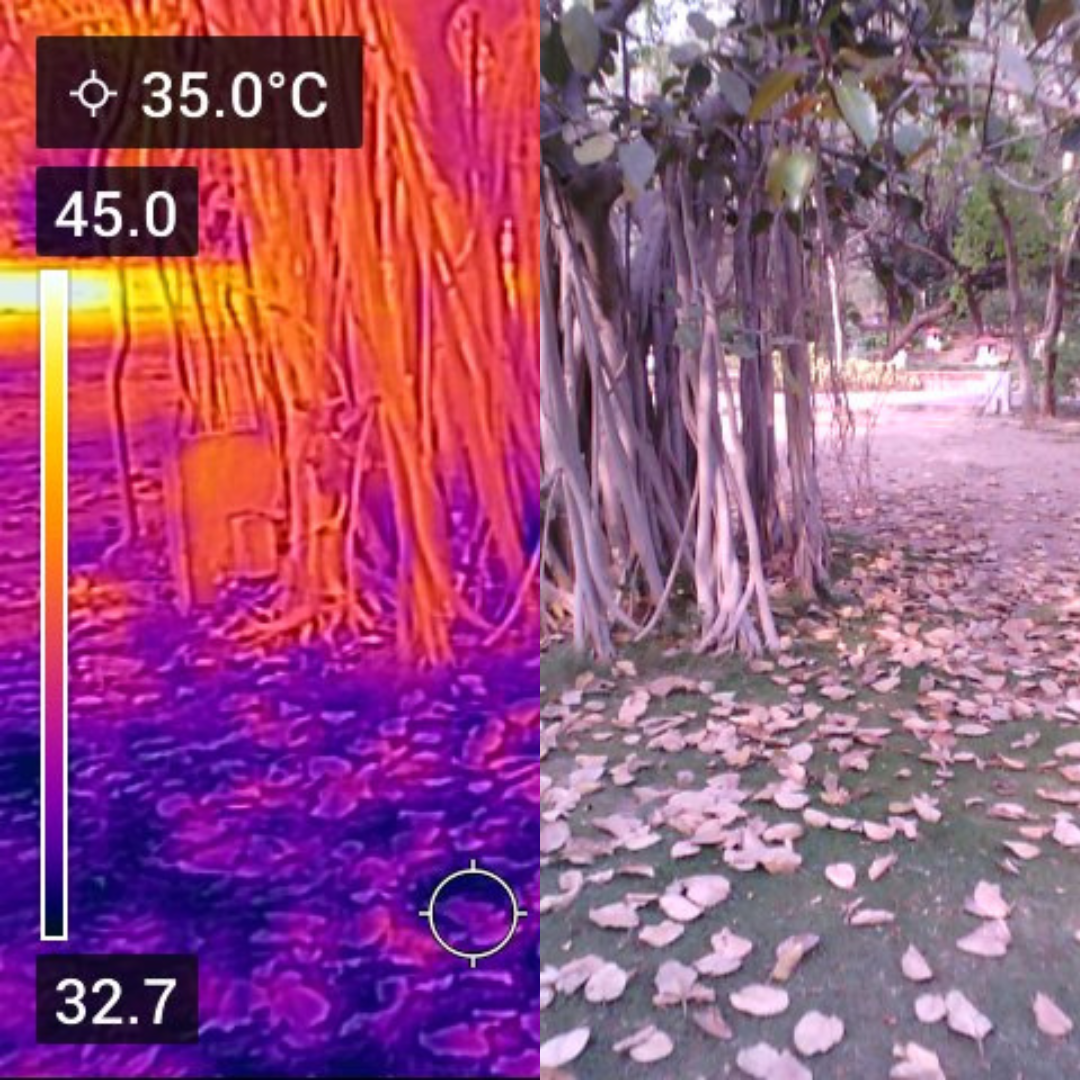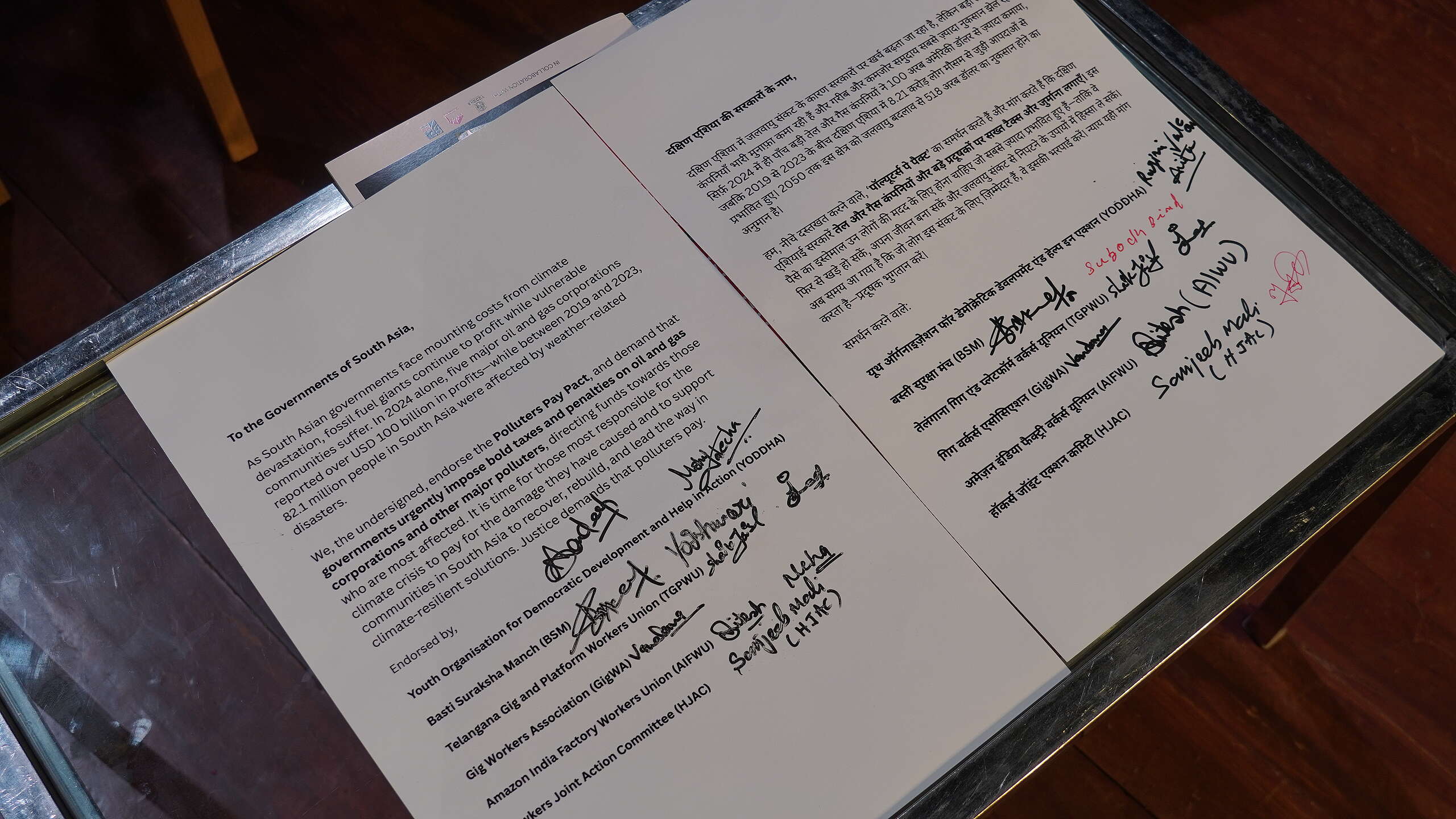The world’s leading climate scientists just released their latest massive assessment on the impacts of climate change and how and to what extent those impacts can be adapted to.
No time to dive into the thousands of pages? No worries. Here’s the 5 key takeaways we think you should know about the Intergovernmental Panel on Climate Change (IPCC) report on impacts, adaptation and vulnerability.
1. Climate risks are appearing faster and will get more severe sooner.
This really nails it. Climate change is already causing widespread losses and damages to nature and people, destroying lives, homes, livelihoods and culture. And it will get worse. Scientists have now updated their overall assessment on Reasons For Concern for future warming levels, and concluded that risks will increase to high and very high levels at lower global warming levels than previously assessed (in AR5). Already now, warming effects on ecosystems have been experienced earlier, are more widespread and with further-reaching consequences than anticipated.
2. We are not prepared, even for the current impacts, and it is costing lives.
While attempts to adapt to the worsening climate hazards have increased globally, with benefits, most of it is still too little too late, and not reaching those most in need. As a result, the number of people and assets exposed to climate hazards has been increasing, not declining.
Lives and homes have been lost around the world, but in highly vulnerable countries mortality from floods, drought and storms was a whopping 15 times higher in the past decade, compared to countries with very low vulnerability.
It didn’t need to be this way. Inclusive, equitable, sufficiently resourced and adequately implemented plans on adaptation and climate resilient development, that meet the needs of the most vulnerable, would save lives, homes and futures.
3. More warming brings more problems. Limiting warming to 1.5°C would substantially reduce projected losses and damages, but can not eliminate them.
Every increment of further warming is making the situation worse, pushing more people and species to their limits and beyond. Near-term actions that limit global warming to close to 1.5°C (the Paris Climate Agreement warming limit) would substantially reduce projected losses and damages to humans and ecosystems, but cannot eliminate them. Those losses and damages are unequally distributed and are not comprehensively addressed by current financial, governance and institutional arrangements, particularly in vulnerable developing countries.
4. We must restore nature and protect at least 30% of the Earth for it to protect us.
Safeguarding planetary health is fundamental for human and societal health and a precondition for climate resilient development. Diverse, self-sustaining ecosystems with healthy biodiversity provide multiple essential contributions for tackling climate change. That’s why the IPCC puts strong emphasis on the potentials and needs of ecosystem-based adaptation and mitigation. Importantly, scientists emphasize that maintaining the resilience of biodiversity and ecosystem services depends on effective conservation of approximately 30% to 50% of Earth’s land, freshwater and ocean areas, including currently near-natural ecosystems.
5. This is the critical decade for securing a livable, equitable and sustainable future. Need to move from incremental to transformational, inclusive change.
Climate change impacts and risks are becoming increasingly complex and more difficult to manage, as different hazards occur simultaneously and interact with multiple risks created by unsustainable development models and social injustice. Hence, what’s needed is not more incremental steps, but comprehensive and inclusive transitions in energy, food, industrial, urban and societal systems that deliver climate resilient, equitable development. Without any delay.
As the IPCC concludes:
“The cumulative scientific evidence is unequivocal: Climate change is a threat to human well-being and planetary health. Any further delay in concerted anticipatory global action on adaptation and mitigation will miss a brief and rapidly closing window of opportunity to secure a liveable and sustainable future for all. (very high confidence)”



Discussion
I am actually delighted to glance at this blog posts which carries plenty of helpful information, thanks for providing such information.
Thanks for this :) Nice work really enjoyed reading!
Right here is the perfect webpage for anybody who would like to understand this topic. You realize so much its almost hard to argue with you (not that I really will need to…HaHa). You definitely put a fresh spin on a subject that's been discussed for years. Wonderful stuff, just wonderful!
Greate article. Keep posting such kind of info on your blog. Im really impressed by your site. Hello there, You've performed a great job. I'll certainly digg it and in my opinion suggest to my friends. I am confident they'll be benefited from this web site.
I have read so many articles concerning the blogger lovers but this article is actually a pleasant post, keep it up.
No matter if some one searches for his required thing, thus he/she needs to be available that in detail, thus that thing is maintained over here.
Nice! to see updated content for the readers who would love to be a part of Climate campaign as this is the need of the hour as a responsible citizen, I would take the onus by donating & volunteering for the cause.
I am no longer sure where you are getting your information, however great topic. I must spend a while learning more or understanding more. Thanks for magnificent information I used to be searching for this info for my mission.